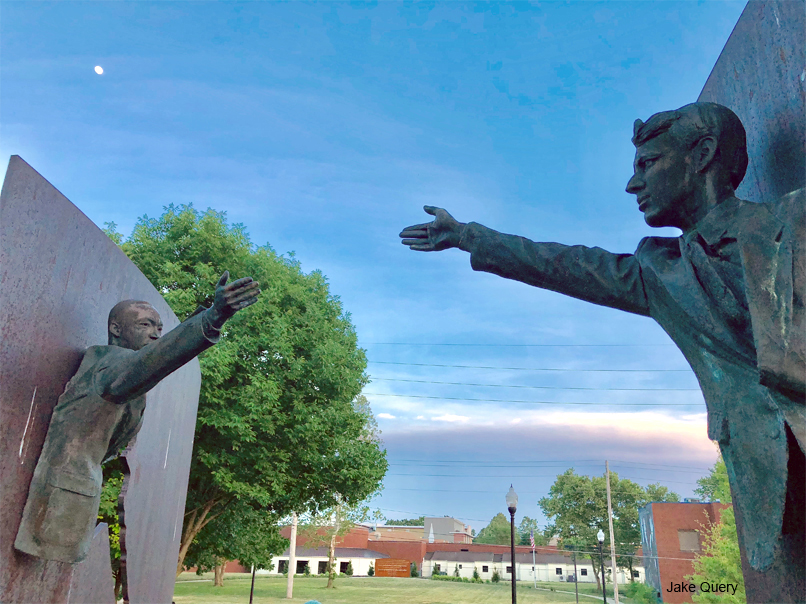2018 Indianapolis 500
Honoring the Memory of Loring M. Bailey, Jr.
Jake Query's Original Invitation
Fallen Soldier Honored at the Indianapolis 500: WCAX TV
"To be remembered is an honor, and the whole of my object."
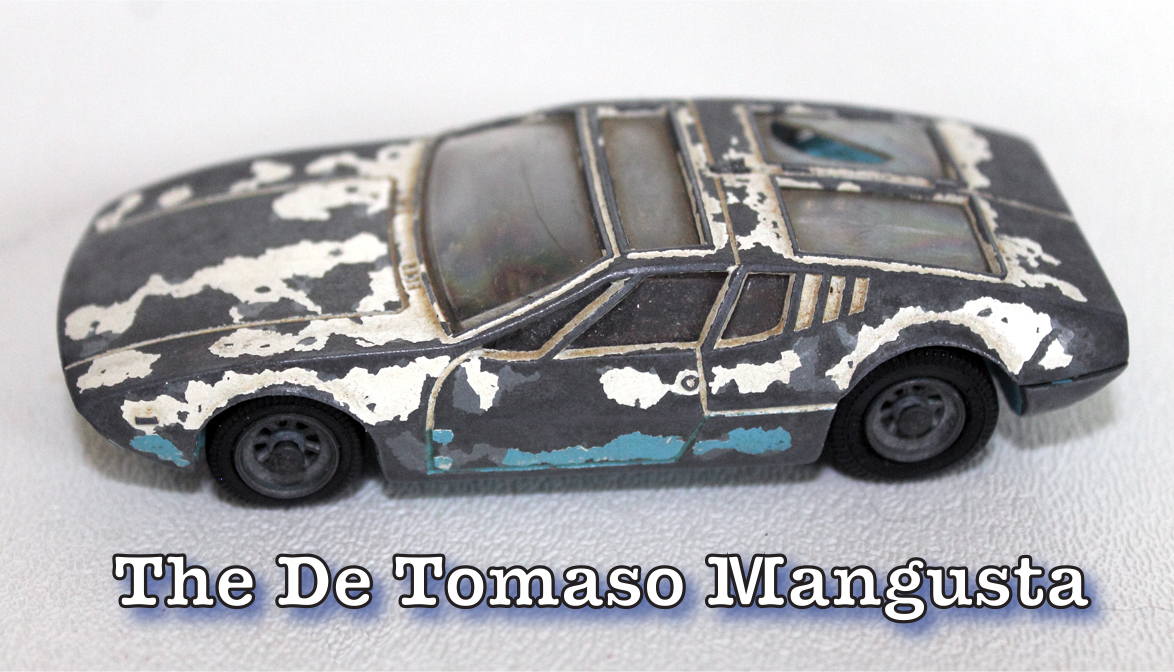
"In the dark watches of the night I roll the deTomaso 'Mangusta' Corgi toy car that Rik sent me back and forth (very quietly) -- I sit squishing the suspension... up and down for minutes at a time, looking at it at eye level, digging its amber headlights -- but that's another form of devotion entirely."
Loring M. Bailey, Jr., from the rocket pocket, Quang Ngai Province, South Vietnam, 1970
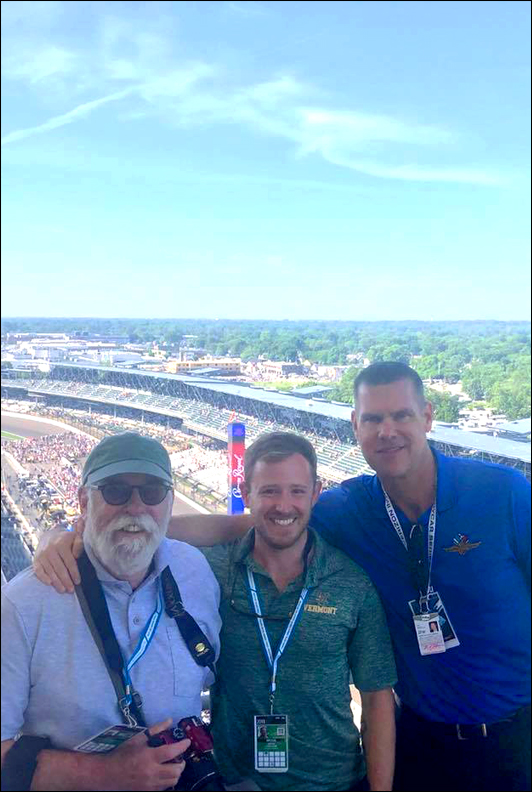
“I’d never met them. I saw a documentary on a fallen Vietnam soldier who had an affinity for racing. I found his brother-in-law and nephew and invited them to the “500”. They, along with their honored Loring Bailey, were with me every step today. We’ll be friends a long time. What a day.” Jake Query
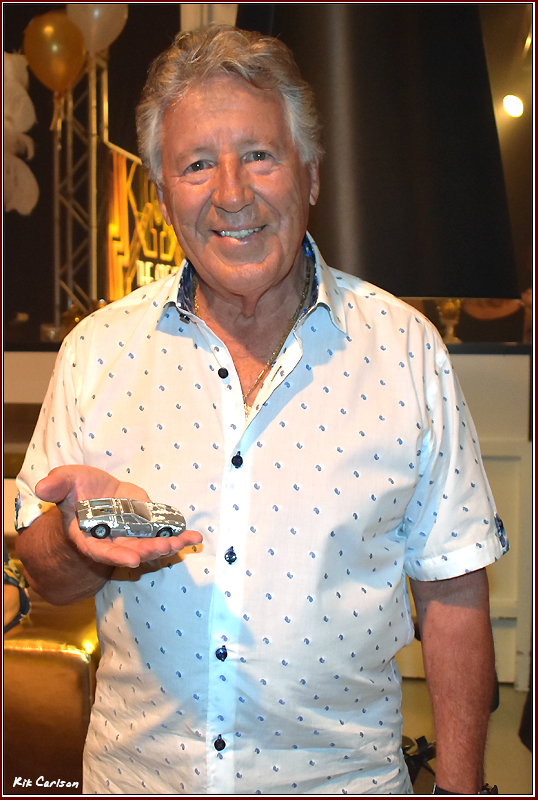 Mario Andretti
Mario Andretti
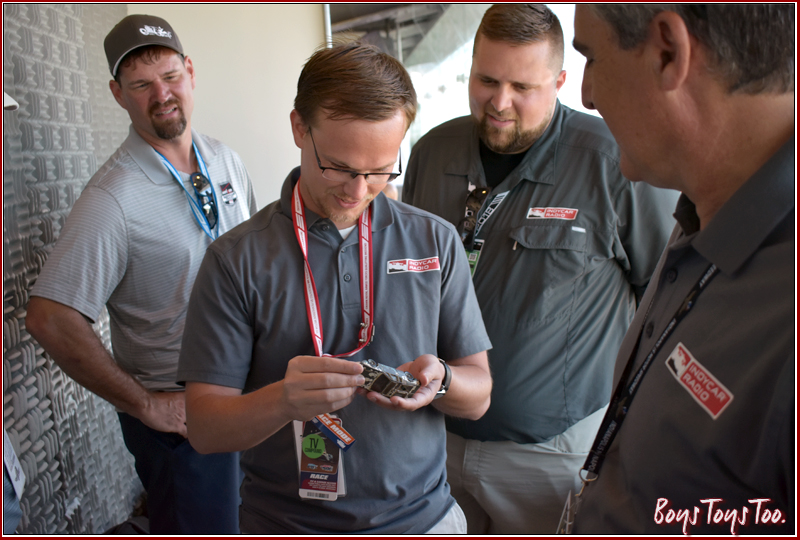 Indianapolis Motor Speedway Racing Network
Indianapolis Motor Speedway Racing Network
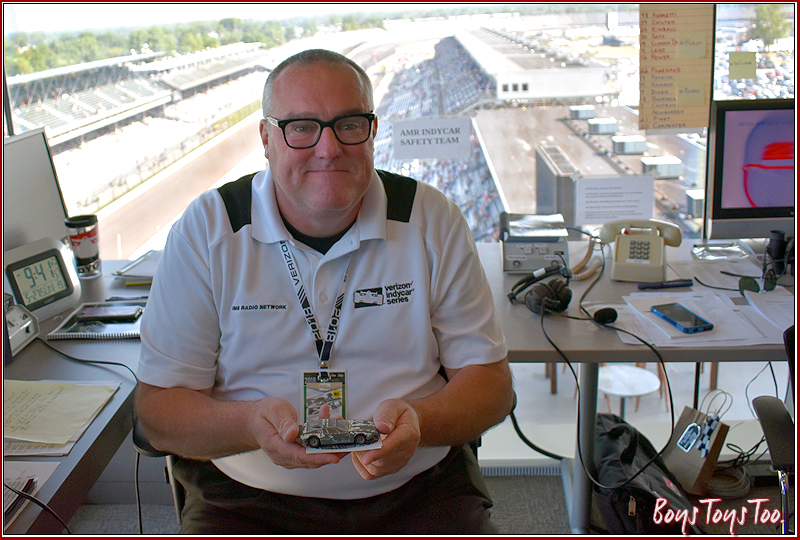 Mark Jaynes
Mark Jaynes
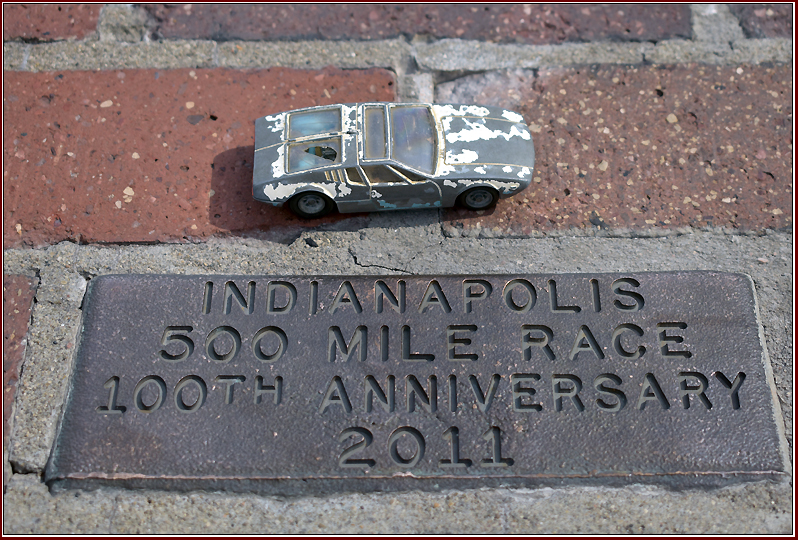 Ring's De Tomaso Mangusta, on the bricks
Ring's De Tomaso Mangusta, on the bricks
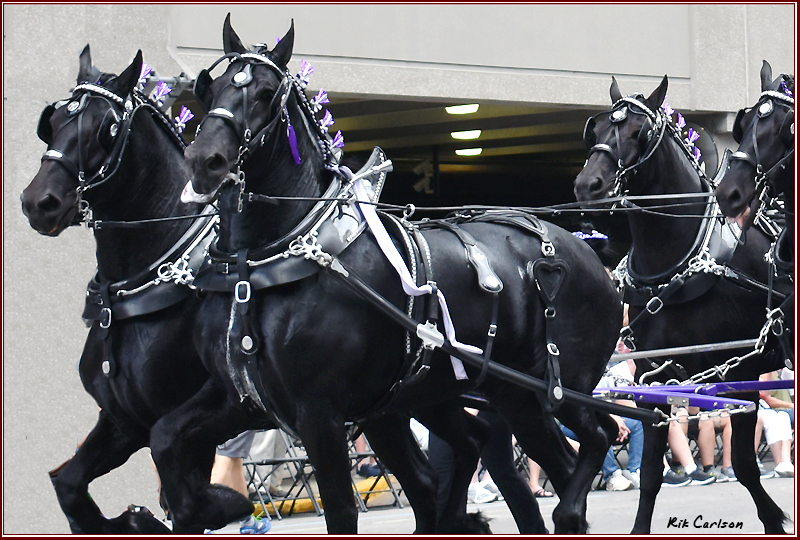 The Indianapolis 500 Parade: Saturday, May 26, 2018:
The Indianapolis 500 Parade: Saturday, May 26, 2018: 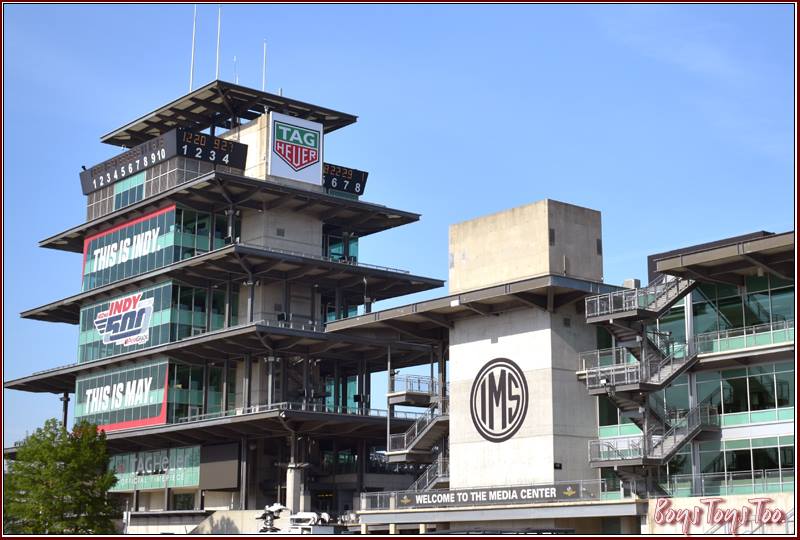 Pre-Race at the Indianapolis 500
Pre-Race at the Indianapolis 500 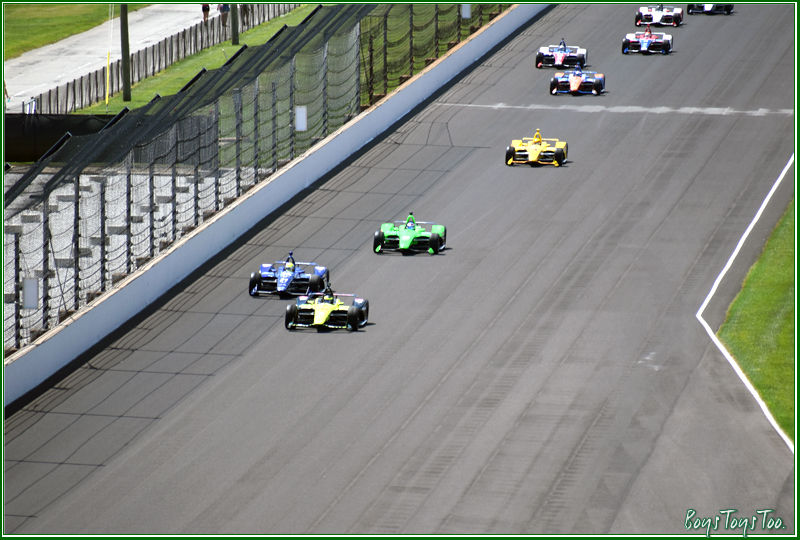 The 102nd Indianapolis 500
The 102nd Indianapolis 500 